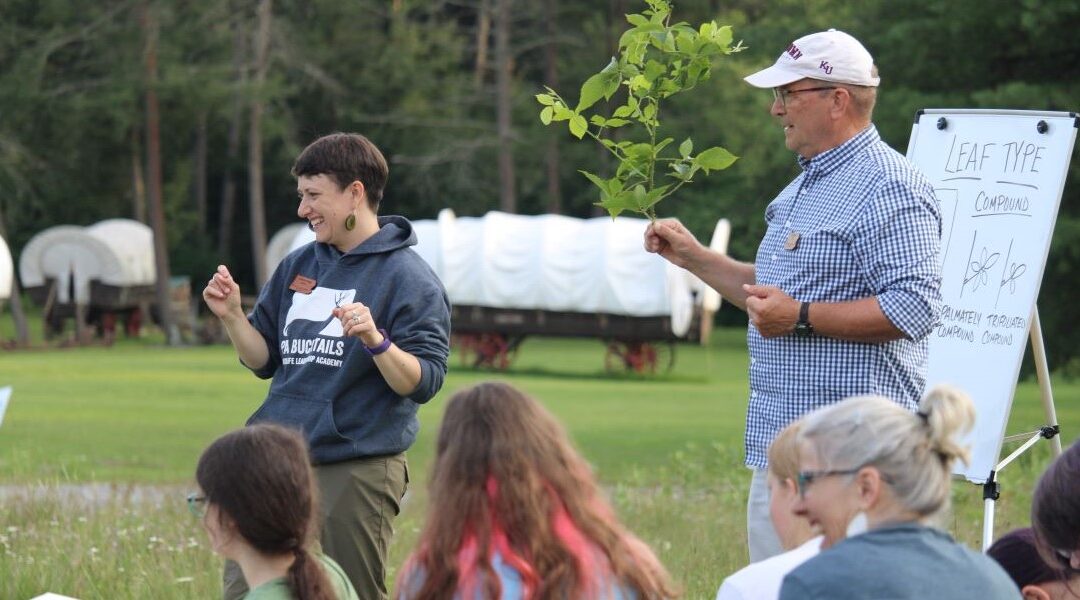
Mar 3, 2024 | Community Involvement
Being part of the communities we serve goes beyond delivering safe, reliable electricity. Through PPL Foundation Empowering Communities Grants, we support local programs focused on environmental stewardship and education, economic development and/or workforce development.
The Wildlife Leadership Academy in Lock Haven recently received a grant from the PPL Foundation. The academy’s using this funding for its programming, allowing students to have more printed materials and hands-on learning opportunities in its field schools.
Now in its 18th year, the academy hosts five different field schools during the summer. It has held 57 field schools and graduated over 1,000 alumni across Pennsylvania and 13 other states.
“We aim to engage and empower high school-aged youth to become conservation ambassadors,” said Sara Mueller, Executive Director of the Wildlife Leadership Academy. “Once they’ve engaged with us for a week, they go back into their communities and do outreach, service projects, creative arts projects, engaging with the media – really having an impact.”
The academy welcomes 100 new students every year, developing conservation and leadership skills through hands-on teaching. The students are broken into teams and led by a peer mentor who took the course the previous summer.
“The a-ha moment is the most rewarding piece for me,” Mueller said. “Students come to us with an idea of what conservation and leadership are, and we really engage them over the course of the week. We don’t just watch the student change, but we then watch how they change their communities.”
The students say that the 40+ hours they spend at the academy is a transformative experience.
“The experience has allowed me opportunities and I have been impacted in many ways,” said Sarah Klecanda, a former student. “It’s important that we teach others to protect our natural world; education will help us toward our goal of conservation.”
As the academy gears up for another wave of students, it’s beginning a new program that will use fly fishing as the hook for interested conservationists. Mueller hopes this program, called the Stepping Stones Program, serves as a stepping stone toward a future of possibilities for the academy.
“We can take that recreational aspect and apply it to several other outlets like bird watching and canoeing,” she said. “We’re also looking to expand the opportunities that we already have for our alumni. So many people learn by doing, so we give them the book knowledge and the opportunity to apply that knowledge in the field. We’re creating conservationists, but we’re also creating leaders.”
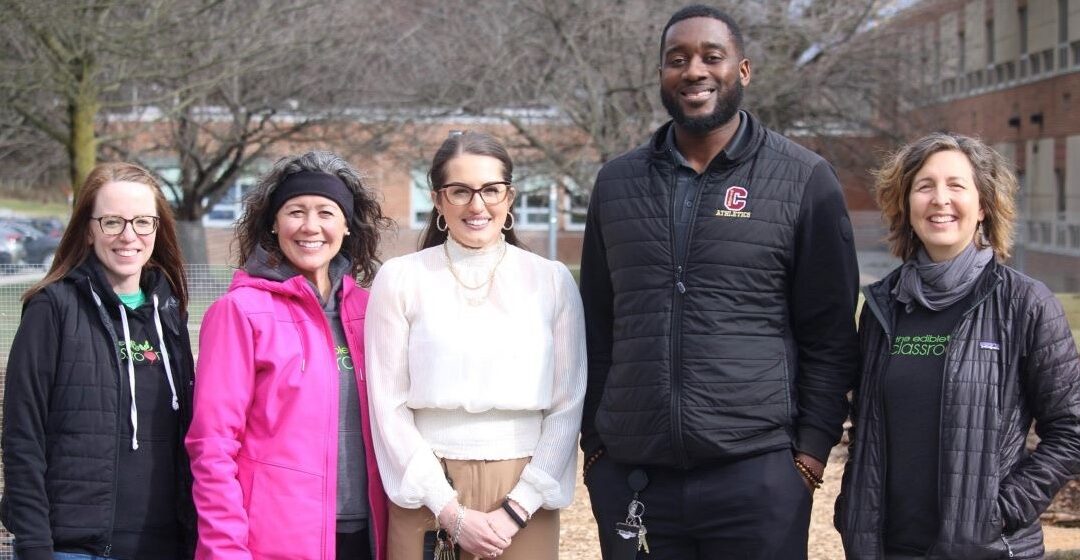
Feb 7, 2024 | Community Involvement
Being part of the communities we serve goes beyond delivering safe, reliable electricity. Through PPL Foundation Empowering Communities Grants, we support local programs focused on environmental stewardship and education, economic development and/or workforce development.
The Edible Classroom, a recent PPL foundation grant recipient, is using this funding to expand its operations in two districts. The Lancaster-based nonprofit uses the garden as a tool of educational enrichment. It started as an elementary school volunteer project between Beth Horst, Co-Founder and Director of School District of Lancaster Partnerships and Grace Julian, Executive Director, and Project Manager for Columbia High School’s garden.
There’s tremendous value in what it does for children – educating them through a mix of physical and mental education, bringing the community together – and the team hoped to take this to a broader audience. “And that’s how we became The Edible Classroom.” Horst said.
Since 2017, the organization has formed 15 gardens across three districts. Each garden is an interactive outdoor learning space where students build, tend to and grow a garden. The produce is then supplied to the community for consumption.
“The meaningful engagement with the kids keeps us all very engaged and passionate about what we do,” Julian said. “Kids from across the learning spectrum, even those who say that the classroom is not their favorite place to be, come alive outside in the garden.”
With PPL’s funding, lessons are held during the school day that incorporate STEM standards, healthy living, composting and environmental stewardship. The Edible Classroom says the funding helps it make more of an impact in the community.
One of these gardens is at Columbia High School’s Hill Campus. Since receiving the grant last year, the organization has been able to develop and expand space behind the school.
“This takes learning outside of the typical classroom environment,” said Kendall Pankake, the Principal of the Hill Campus. “Our younger and older students have enjoyed being a part of building the garden from the ground up.”
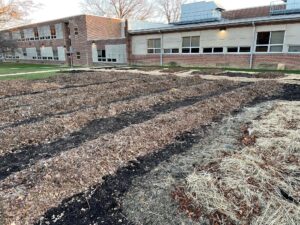
Students from Columbia High School’s Hill Campus expanded and cultivated this garden behind the school with funding from PPL.
The program’s success has sprouted a future full of opportunities. The Edible Classroom is looking at options to both amplify its involvement with the schools it currently serves, while looking forward to the possibility of expanding to other schools and districts.
“We’re so thankful for the funding from PPL because we believe so deeply in the value of the work we’re doing,” Horst said. “We see the ripple effect of growing food in so many areas – it’s the growing, eating, amending soil, the environmental impacts and tying in the community. The investment has helped make a mark, and we look forward to deepening that investment and making it more beneficial for the schools and the communities.”
The Edible Classroom’s goals are at the root of our Empowering Community grants. We strive to help those who help others, and through the power of education, the seeds of community are being planted in Lancaster County.
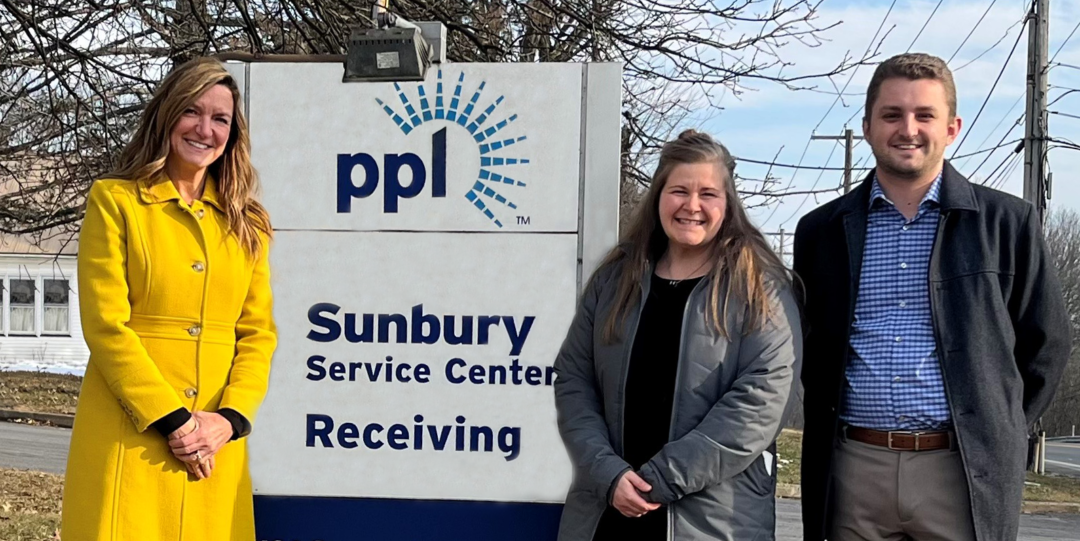
Mar 7, 2022 | Community Involvement
In addition to providing safe, reliable and affordable electricity, we’re committed to empowering our communities through various initiatives and investments, such as our annual United Way campaign.
PPL Corporation’s 2021 campaign, which included contributions from PPL Electric employees and retirees, raised more than $5 million for United Way agencies.
In the Central Susquehanna region, we contributed more than $62,000. And Adrienne Mael, President and CEO of the United Way of Columbia and Montour County and Greater Susquehanna Valley United Way, was especially grateful.
“Over the years, PPL Electric Utilities has been incredibly proactive in reaching out to help address the areas of greatest need for our local community,” Mael said. “From sending volunteers into the community, providing support through the COVID-19 pandemic, and serving on committees to help guide our priorities for impact, PPL Electric is always there. They are part of the solution to meeting our community’s greatest needs.”
Our Northeast region, which includes Lackawanna and Wayne counties, saw agencies receive more than $36,000 in donations.
In the Lancaster area, two United Way agencies received more than $42,000 in support.
And, our Lehigh region, received more than $2.3 million in donations to five different agencies.
With United Way, we can trust our contributions will be used to improve the quality of life for our neighbors across Pennsylvania. We’re proud to support this critical mission.
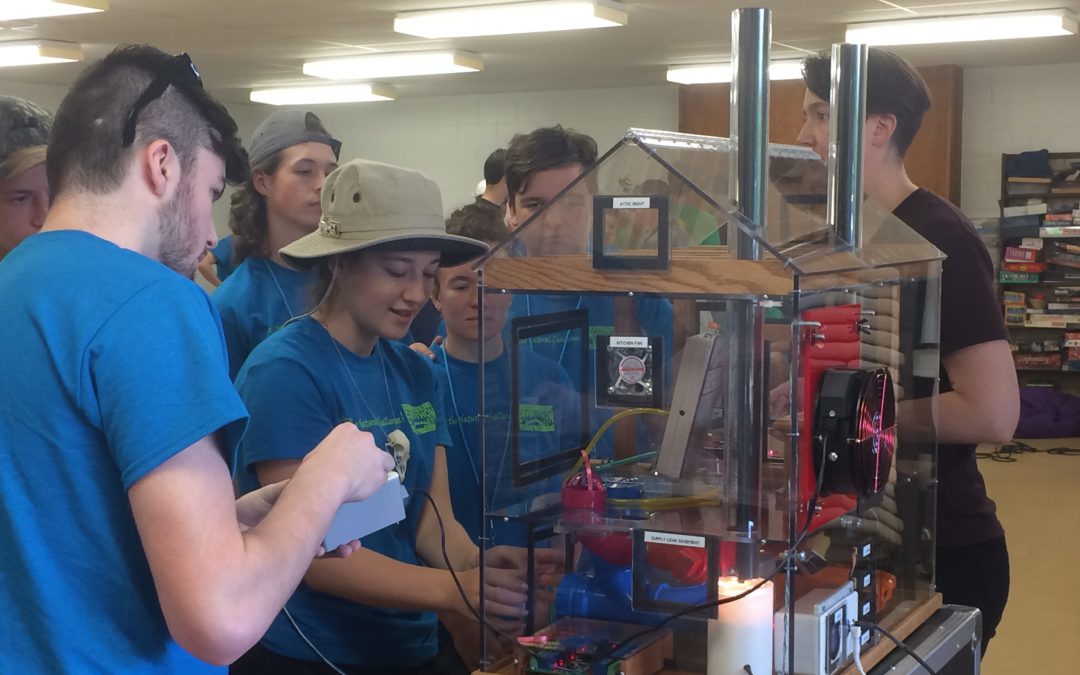
Aug 18, 2021 | Community Involvement, Environment
When you’re nearly four decades into teaching school children about the environment –and getting them to think critically about it – you have to be doing something right.
And, certainly, Pennsylvania Envirothon, through its annual competition for high school students, has built a reputation for educating youngsters in creative, innovative ways. And for inspiring a national competition.
It’s why the PPL Foundation has supported the organization for a quarter of a century. Most recently, we gave $4,800 to Envirothon in 2020 to help the nonprofit train coordinators for the annual event, which is a hands-on, natural resource problem-solving competition.
The event began in 1979 as a local competition for a handful of conservation districts and evolved into a statewide competition in 1984. It has remained a constant in Pennsylvania education since. So much so that the organization kept the tradition going with a virtual event during the COVID-19 pandemic. The program reaches more than 40,000 students each year.
Teams of five representing schools from across the state study natural resource categories, such as soils and land use, aquatic ecology, forestry, wildlife, and current environmental issues. Each team spends time before the competition with their advisors to prepare. At the competition, they use teamwork to come up with solutions to environmental problems. This year’s champion – Pleasant Valley High School from Monroe County – moved on to the international event in Nebraska.
Ultimately, Envirothon’s goal is to develop knowledgeable, skilled, and dedicated youth who are willing and prepared to work towards achieving a balance between the quality of life and the quality of the environment. And that’s something we’re proud to support.
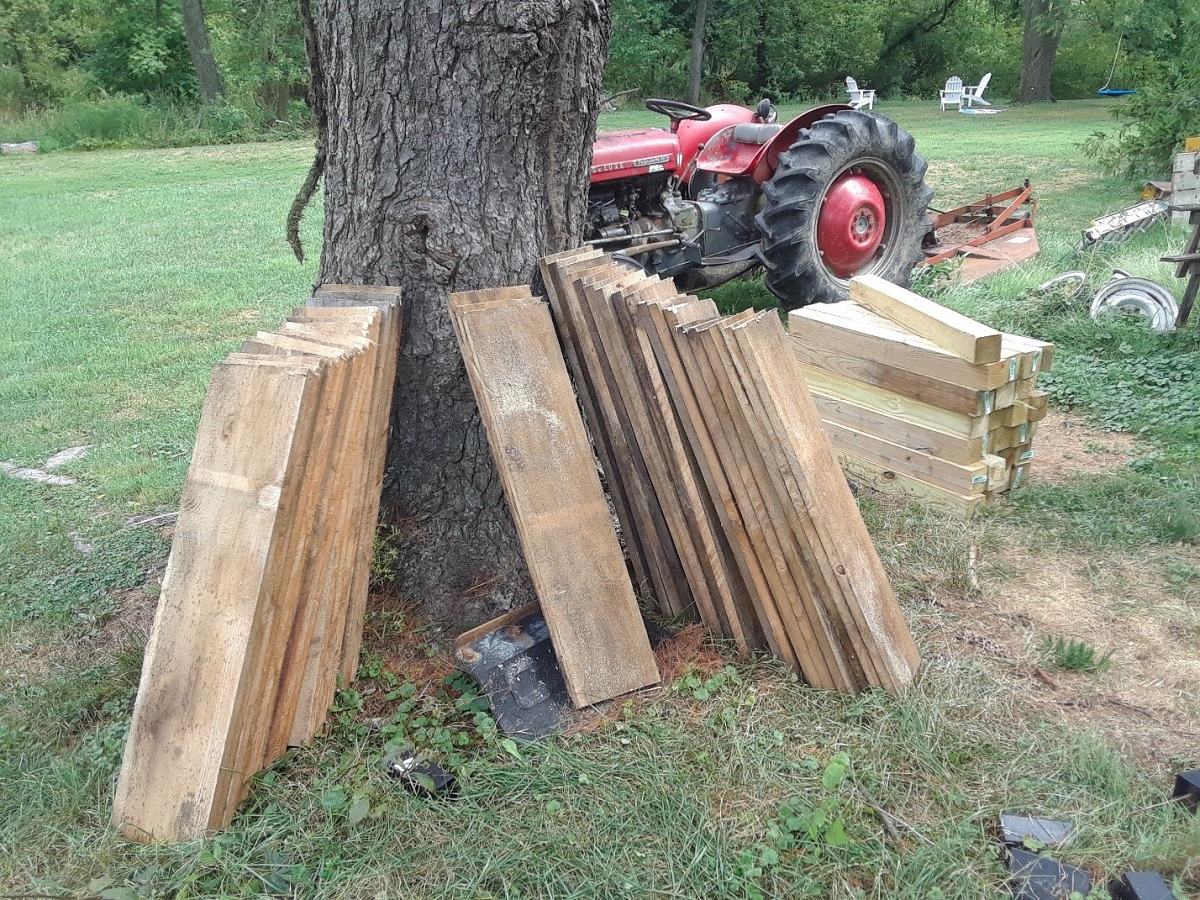
Jul 6, 2021 | Community Involvement, Environment
A popular Union County nature area enjoyed by hundreds each year is getting long planned and much needed improvements with a little help from PPL.
Koons Trail along Buffalo Creek in Mifflinburg, originally created by Mifflinburg Middle School teacher Joe Southerton and his students in 1990, is getting new kiosks, footbridges and platforms.
The trail was hit hard by the emerald ash borer, a beetle that feeds on ash trees, and was damaged by previous flooding.
Merrill W. Linn Land & Waterways Conservancy, a Lewisburg-based nonprofit, holds a conservation easement on the trail and maintains it. We granted $3,500 from the PPL Foundation to help fund the improvement project. The upgrades will help the conservancy draw the public to the site and ultimately serve its mission of getting families outside to learn about the environment.
The PPL Foundation contributes more than $3 million annually to nonprofit organizations supporting student success from cradle to career; advancing diversity, equity and inclusion; and promoting the development of vibrant and sustainable communities.
“We are sincerely grateful to PPL,” said Geoff Goodenow, the organization’s coordinator. “The funds from PPL will help to create much needed footbridges along the paths which meander within restored wetlands south of the covered bridge. Visitors to the area enjoy seeing wildflowers, various types of birds and hearing a seasonal chorus of amphibians.”
Each year, hundreds of people participate in programs held in the trail area along with the incalculable number of local residents who visit daily.
The trail is on part of a 30-acre property once owned by Mifflinburg resident and businesswoman Mary Koons. Current owners Ryan and Samantha Sabo have expanded access to the property by creating additional walkways in adjacent wetland meadows and fields. The area is private property but is open to the public from dawn to dusk for people and pets.
The Merrill Linn Conservancy is a 501c3 nonprofit. Its mission includes preservation/conservation of the natural resources and beauty of land and waterways and to engage the public in creating awareness and instilling responsible stewardship of our resources.






